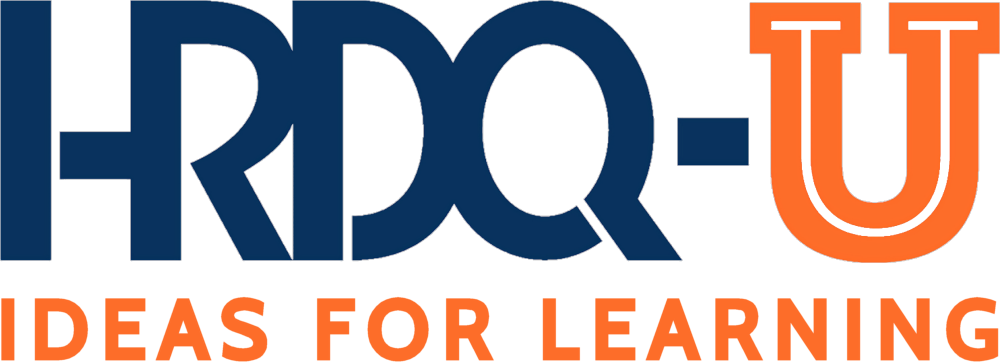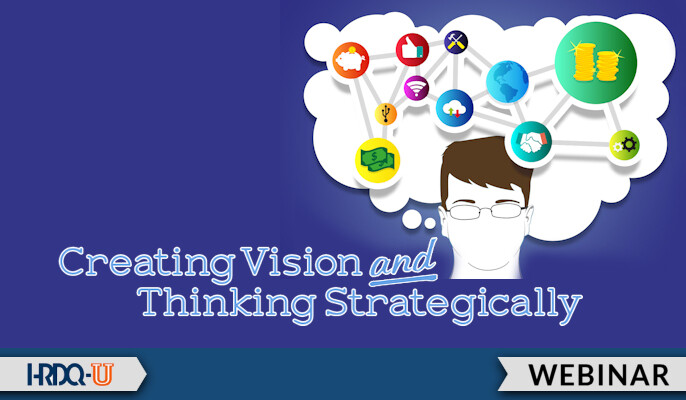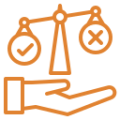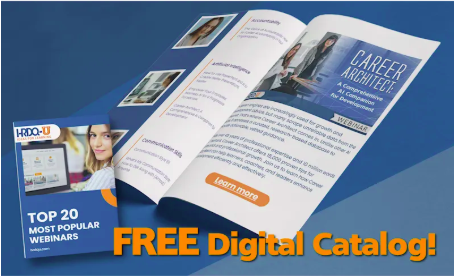I have spent my entire career developing leadership skills in others. Over those years, I’ve read a tremendous amount on developing leaders – enough to have my own rants and raves on the issue. One aspect of leadership development I see as an unconscionable waste of time and money is defining leadership as a box on the organizational chart.
When business leaders restrict leadership development to those who have a title, who have direct reports, or who have been dubbed “high potential” (whatever that means – I’ll rant on that another time), they take a powerful set of knowledge and behaviors and limit it to the top tier of the organization. More importantly, they send the message that acting decisively, persuading others to act, and focusing on results are the purview of others. So-called non-managers are sanctioned to work every day like assembly line workers, placing widgets in boxes and checking their brains at the door. Okay, that might be a little harsh, so let me posit a different picture.




























